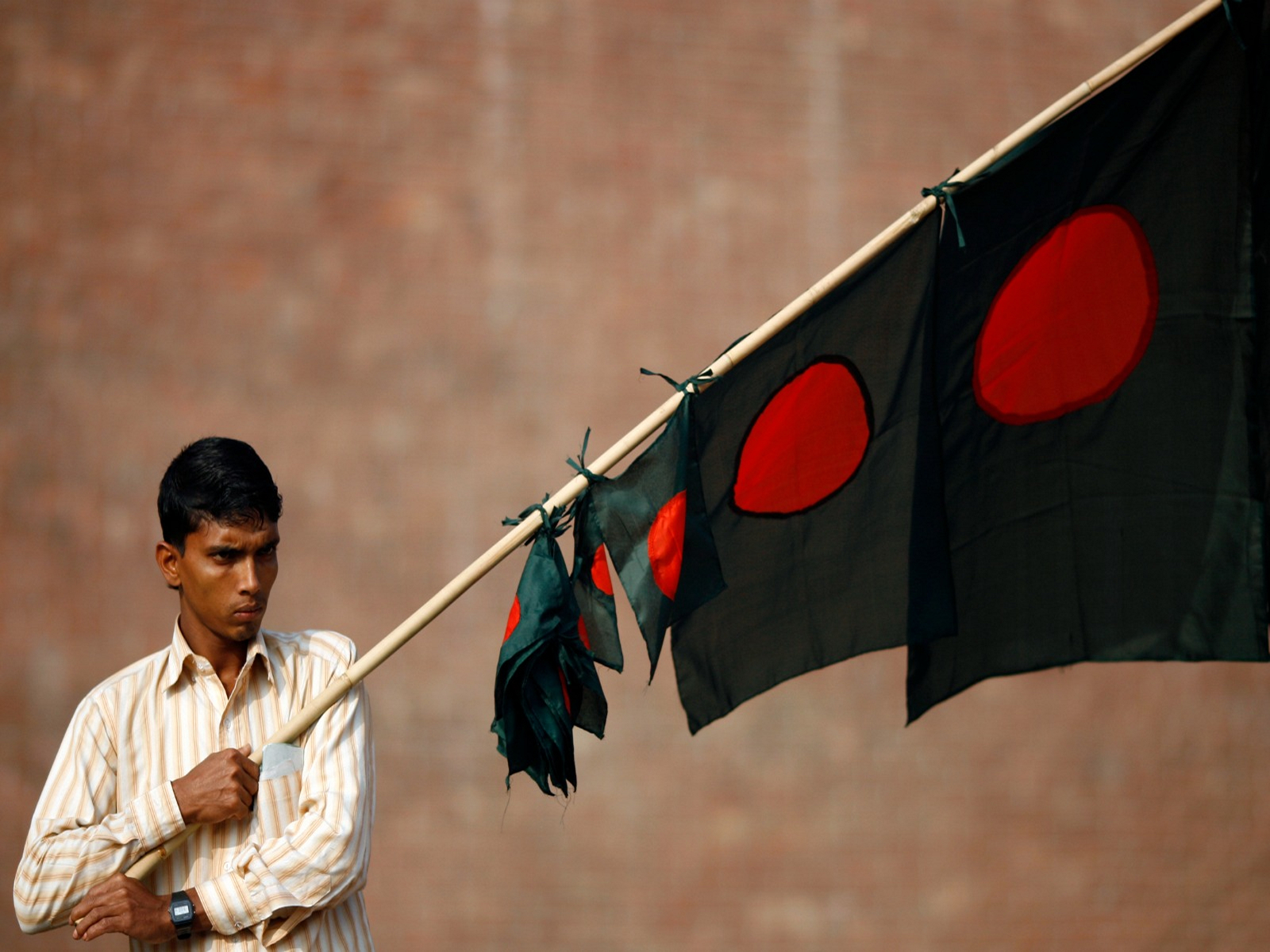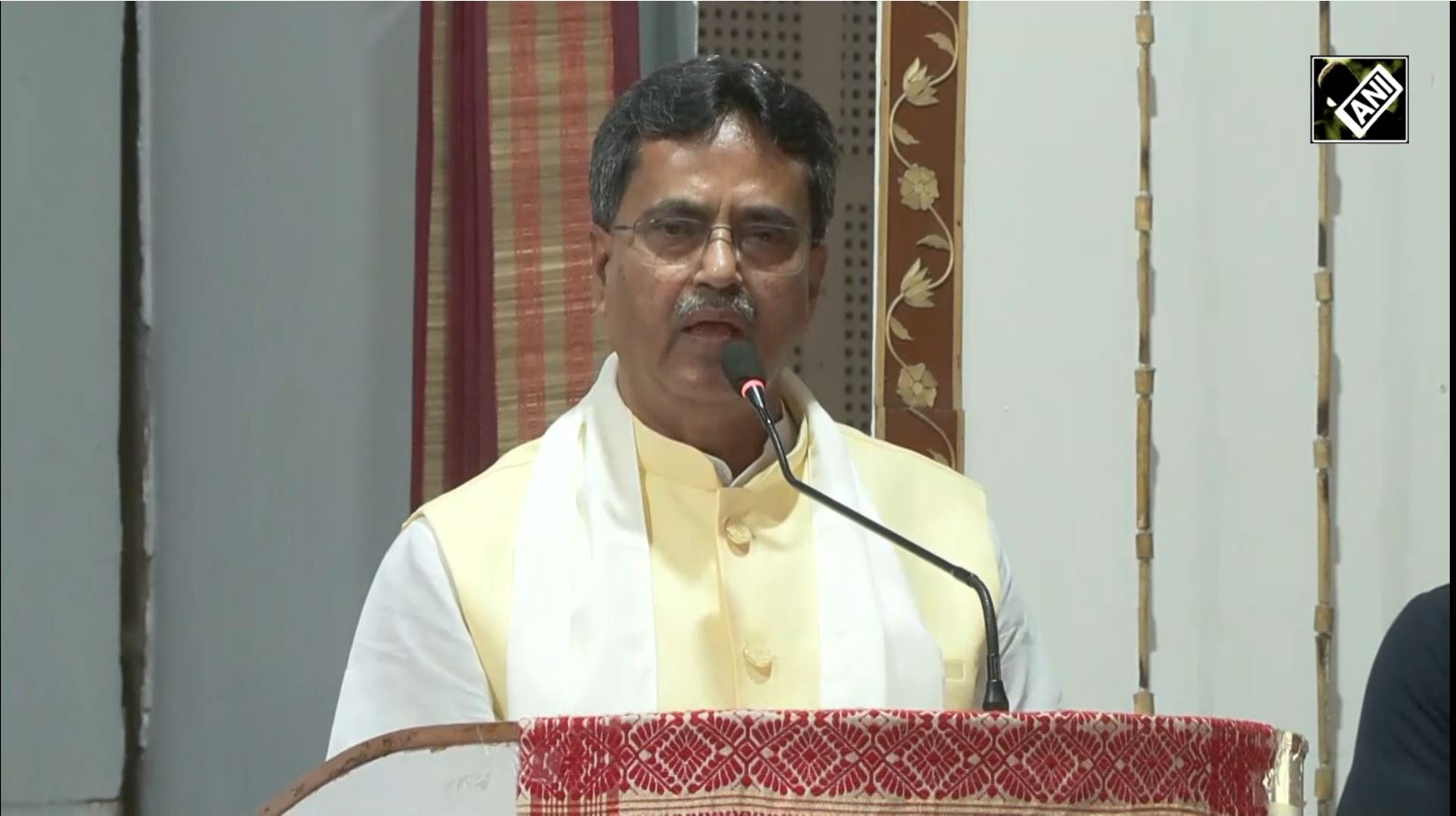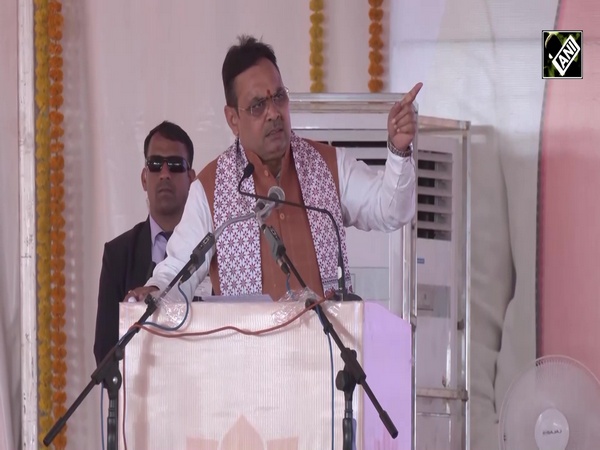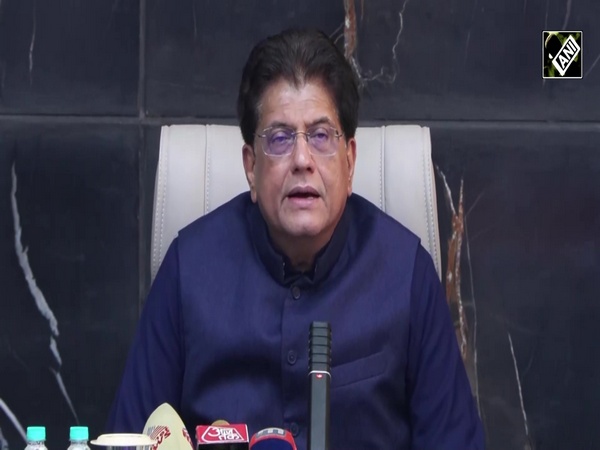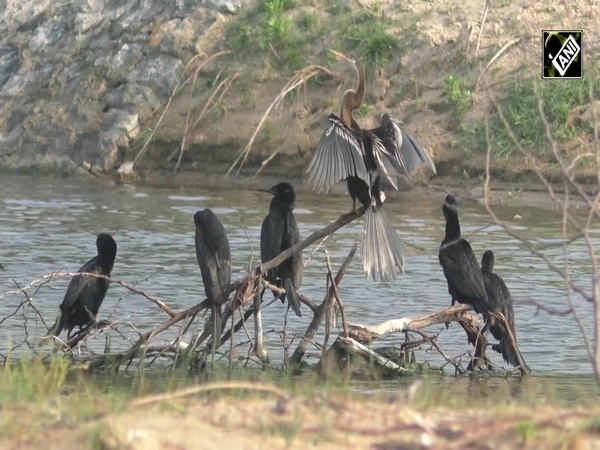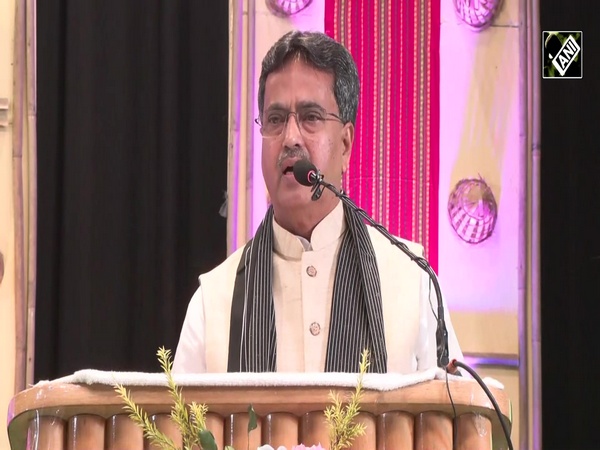US lawmaker introduces bill to counter China's 'negative' environmental impacts in African countries
Aug 06, 2024

Washington [US], August 6 : US lawmakers Young Kim and Colin Allred introduced the 'Stopping PRC Environmental Exploitation and Degradation Act' (SPEED), which intends to counter the harmful environmental, ecological, and public health effects of investments linked to People's Republic of China (PRC) in Africa.
China has become the largest trading partner, creditor, and investor through the Belt and Road Initiative in the African region. China's 'debt-trap diplomacy', often executed through BRI operations, can be destructive and harmful to local communities and key biodiversity areas situated in Africa, as per a media statement issued by the US lawmakers on Monday.
"The PRC's Belt and Road Initiative coerces developing nations to fall into Xi Jinping's debt-trap diplomacy but also exposes vulnerable populations to harmful ecological, environmental, and public health risks," the release stated.
Young Kim, who currently serves as chairwoman of the Indo-Pacific Subcommittee further said, "We cannot allow Xi Jinping to get away with growing his global power and violating international environmental and labour laws in the process. I am proud to lead the SPEED Act to counter the Belt and Road Initiative and hold the PRC accountable for its exploitative practices, deliberate environmental degradation, and threat to African communities' livelihoods."
Colin Allred during the introductory session added, "We cannot allow the PRC and Chinese-linked companies to continue their exploitation of African nations as they subject their people to harmful ecological and public health risks. The bipartisan SPEED Act will strengthen US policy, authorize sanctions, and hold the Chinese government accountable for the adverse environmental, ecological, and public health incidents occurring in Africa."
Reportedly, the SPEED Act would counter China's influence in Africa by establishing a US policy to oppose the actions of PRC-linked entities that do not abide by the laws of the host country, international environmental protection, and labour laws in their exploitation of natural resources in Africa.
The Act will initiate strategy formation from the US State Department and USAID detailing how the US will work with sub-Saharan African countries to remediate environmental disasters caused by PRC companies. The act will also impose, sanctions on PRC-linked entities that are responsible for adverse environmental and public health incidents on the African continent.
The act introduced by the US in its findings quoted a report titled 'China's Environment Abuses'.
The findings of the report mentioned that "PRC threatens the global economy and global health by unsustainably exploiting natural resources and exporting its wilful disregard for the environment through its One Belt, One Road initiative."
The bill also mentioned during the past 20 years, China has significantly increased its economic and business activities in sub-Saharan Africa. While legal systems across countries vary, business entities are generally bound by the laws of their home country, the host country, and international law.
Chinese business entities are notorious for consciously violating the laws of their host countries and international law. China and Chinese private sector companies are destructive, and at times illegal, mining, drilling, logging, and fishing practices in sub-Saharan Africa cause high levels of concern and harm across sub-Saharan Africa.
Many China-linked entities and Chinese PSCs in sub-Saharan Africa operate with little regard for ecology, public health, and the well-being of local residents and wildlife.


